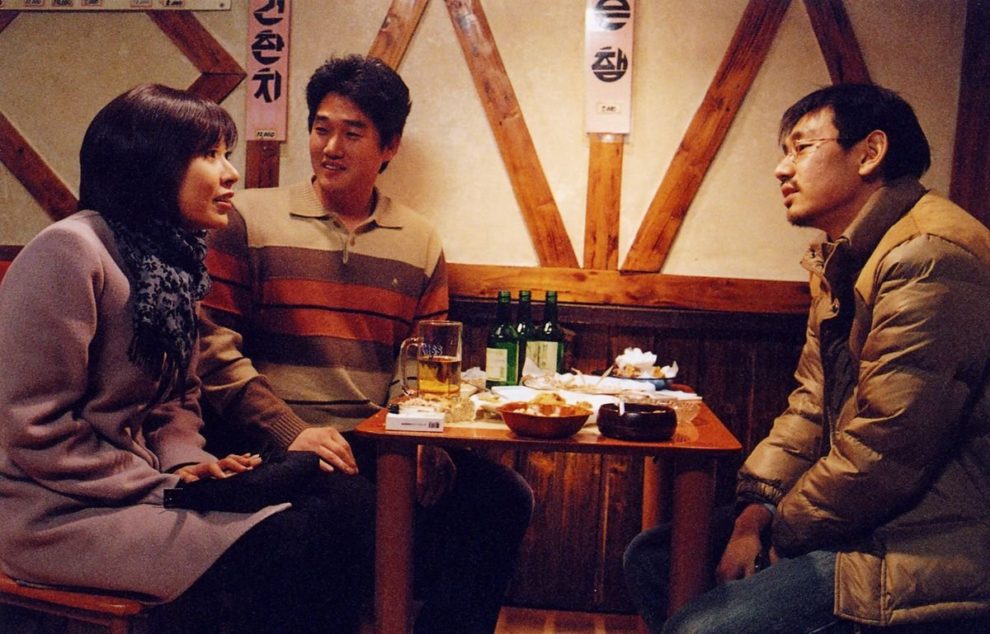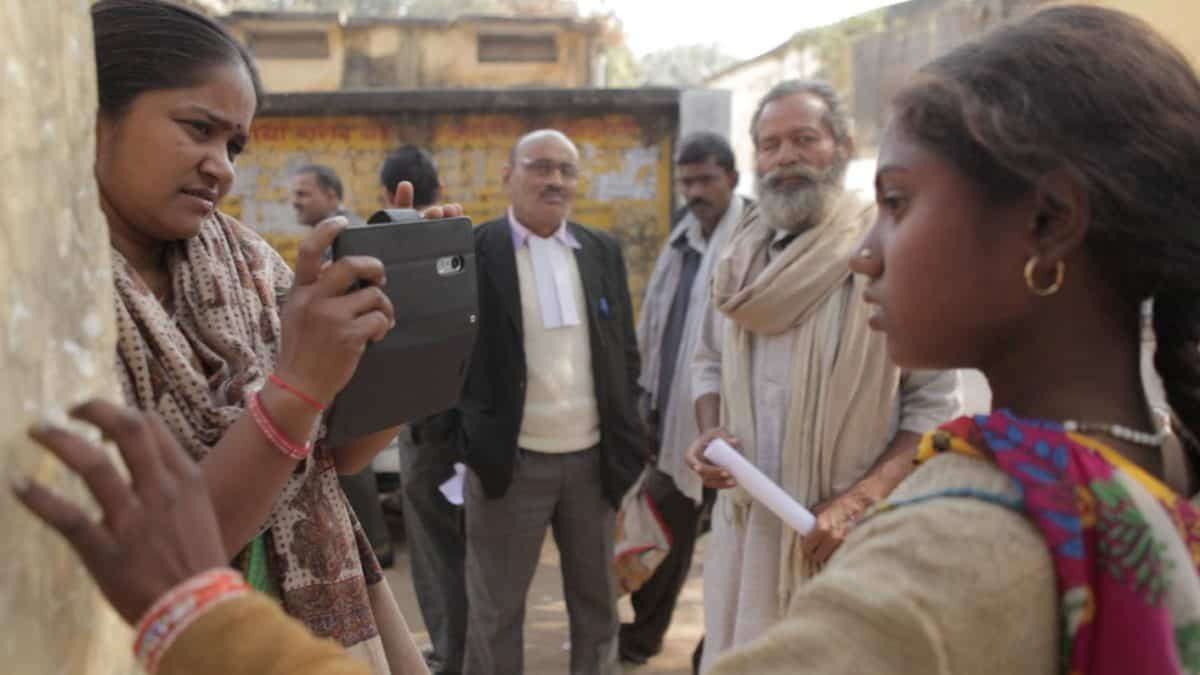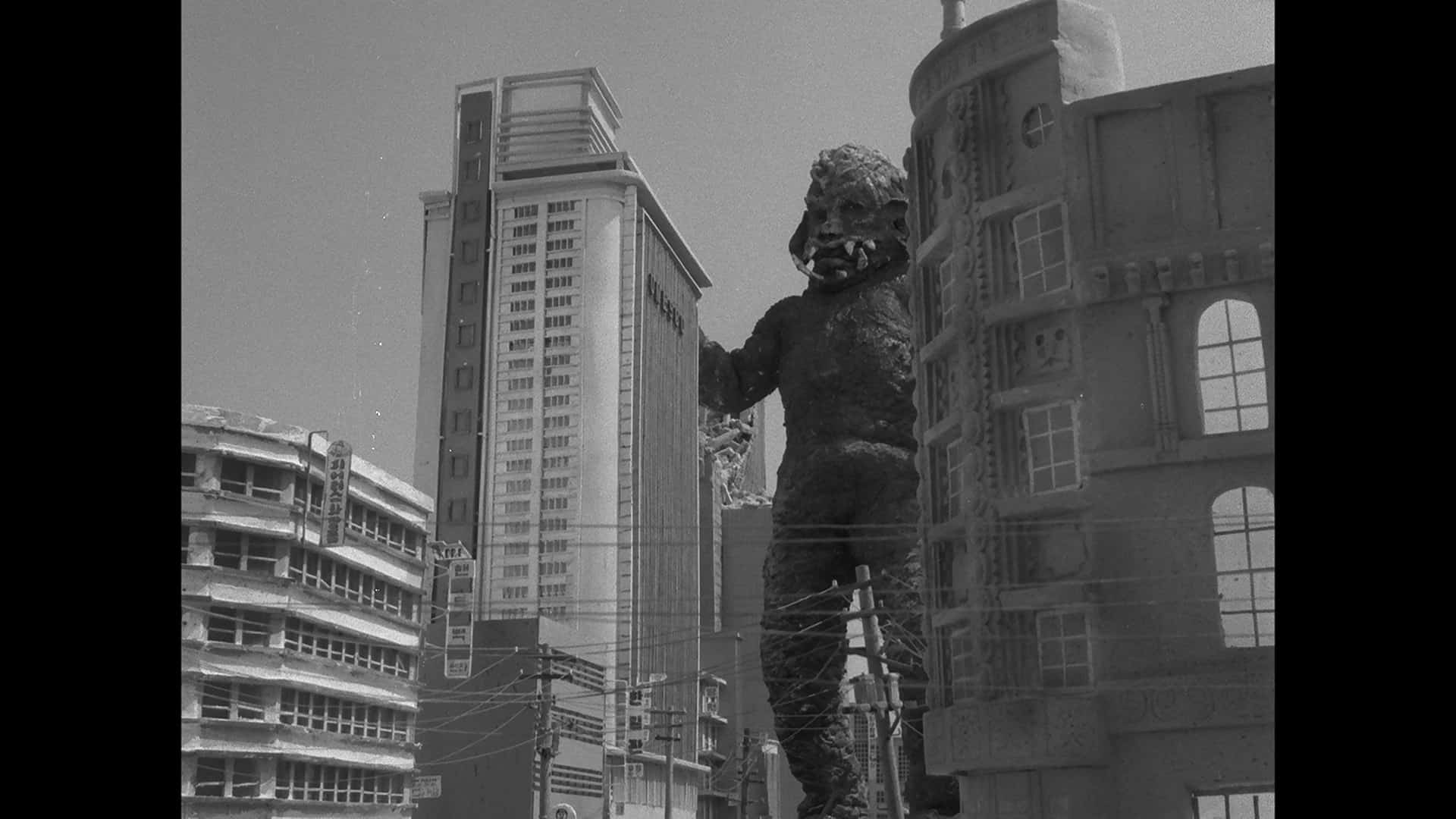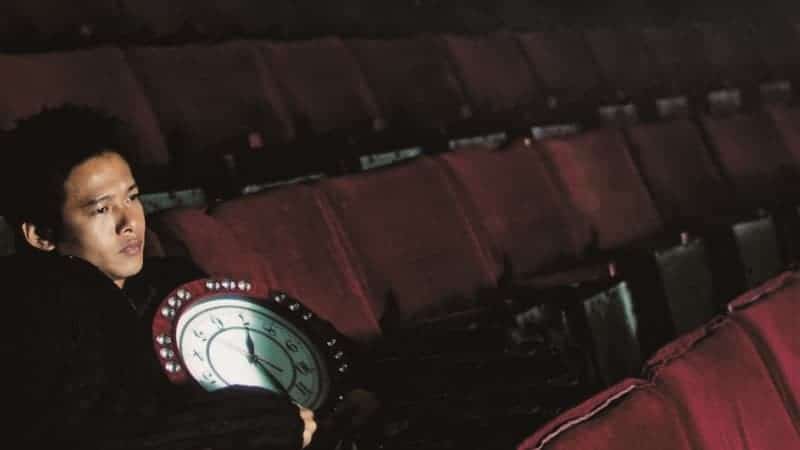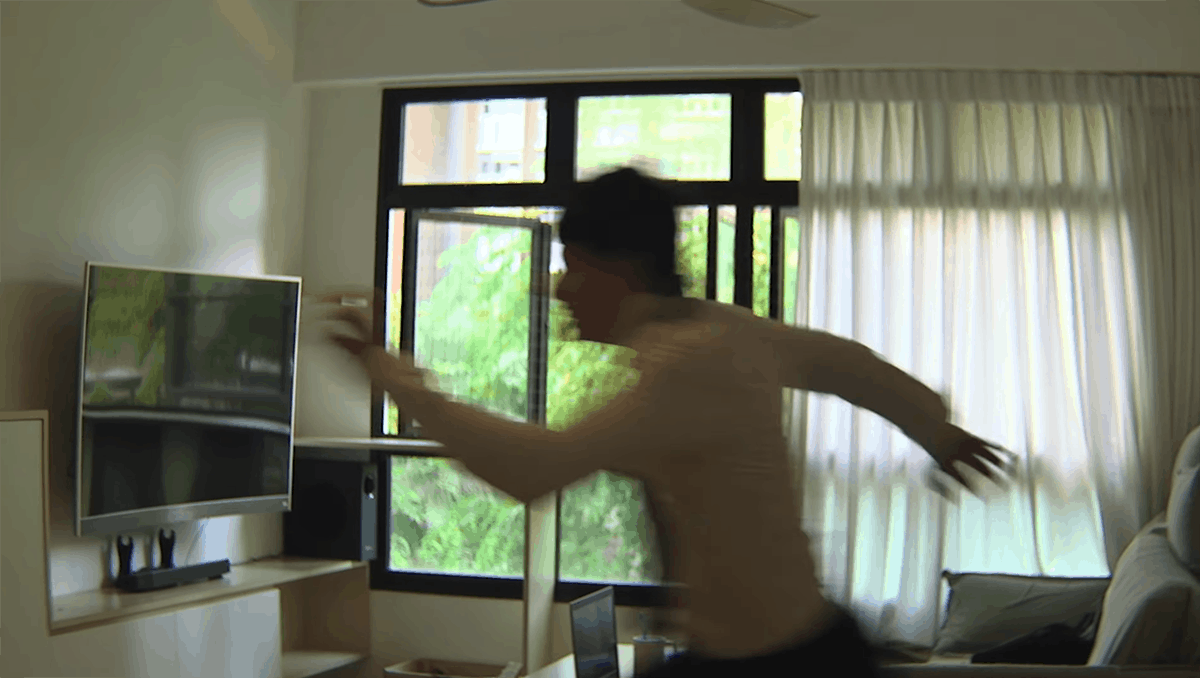A cold, snow-laden morning. Two friends meet each other after an extended period of time and after exchanging banalities in a long-take scene, they head over to have something to eat and drink. Straight away, you know you are in a Hong Sang-soo film, who is once again writing and directing for his fifth feature and the third to be screened at Cannes.
“Woman is the Future of Man” is streaming on MUBI
Said two friends are Lee Moon-ho, who now teaches art at university, and Kim Hyeon-go, who has recently returned after completing film school in America. As the two sit in a Chinese restaurant looking at the season's first snow outside the window, over food and drinks, they are reminded of Seon-hwa, a woman they both had a relationship with in the past and with whom they both ended things abruptly and badly. On an impulse, or maybe in a predetermined fashion on Hyeon-go's part, the two friends decide to go meet Seon-hwa to see how she is doing now.
With “Woman is the Future of Man”, Hong attempts to deconstruct relationships, love, sex and gender stereotypes all at the same time. Men get the worst of the brunt, with none of the male characters coming across as likeable. Instead, they are portrayed as hypocritical and selfish douchebags with no irredeemable qualities in sight. Hyeon-go is probably the worst, a man that would have sex with his girlfriend right after she confides to being kidnapped and raped in a bid to “cleanse” her and then trying to escape for his studies abroad without so much as a goodbye to her.
The role reversal between the flashback sequences and the present-day scenes is most interesting, with the flashbacks showing the cocksure men taking advantage of an emotionally vulnerable Seon-hwa whereas the present day shows them almost manchild-like, unsure of what they want in life or with Seon-hwa, who on the other hand knows exactly where her life and future is heading and seems to be quite content, or at least in acceptance, with it. For the men, sex seems to be a way to relive their past or a fleeting and failing attempt at redemption for how they ended things with Seon-hwa, whereas for her, it merely seems to be an accepted way of life, almost going through it like a duty more than anything else. The many references to oral sex seem to also allude to this lack of emotional intimacy between the characters.
Such a subject matter could just as easily fallen into a melodramatic trap but it is to Hong's and his actors' credit that the feature manages to rise above such trappings. To that effect, both Yoo Ji-tae as Moon-ho and Kim Tae-woo as Hyeon-go epitomise the two vastly different but equally pathetic men quite convincingly. Yoo Ji-tae, who was coming off the back of two successful years prior to this, which saw the release of two vastly different roles in “One Fine Spring Day” and “Oldboy”, once again surprises in his most de-glamorous role. The slightly overweight frame and the awkward demeanour suit the character quite well. Kim Tae-woo, for his part, manages to make Hyeon-go completely unsympathetic with ease. Sung Hyun-ah is an interesting choice for a Hong Sang-soo female lead but manages to portray the transformations in the character with conviction.
Cinematographer Kim Hyeon-gu captures interiors in a way that manages to be bright but oddly claustrophobic, which somehow adds to the emotional disconnect between the characters, thanks to the effective use of mise en scène. Take the scene in the love hotel near the end, for example; a location so sparse and small that the intimate act of sex within it seems unthinkable to the normal eye. Hong, of course, prefers the long-take approach and they are quite well done by Kim and deftly edited by Han Seong-weon. Jeong Yong-jin's music, which makes use of traditional instruments for the most part, also follows the usual tropes of a Hong feature and is used economically but effectively.
It is hard to make a feature without any likeable or redeemable characters but Hong Sang-soo manages to do just that with “Woman is the Future of Man”, which proves to be yet another interesting and well-crafted production from the Korean auteur which may not hit the heights of some of his works that preceded it, but still manages to impress and remains accessible, thanks to its inspired casting and polished technical merits.


